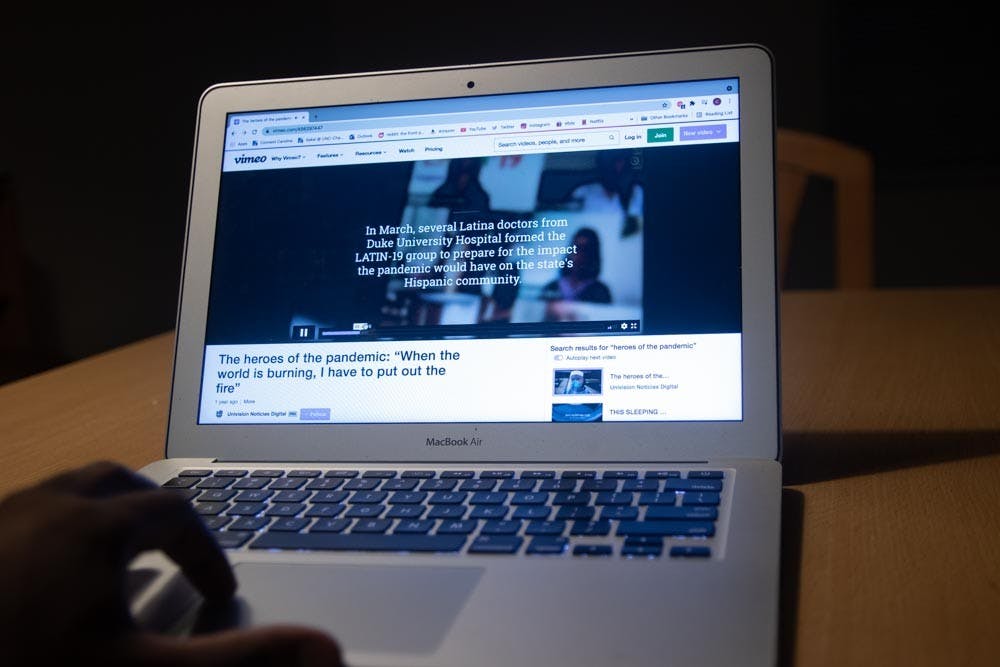The North Carolina Latin American Film Festival is returning for its 36th year on Thursday, celebrating the power and artistry of Latin American films and stories.
The festival will last through Oct. 18, with an additional film showing on Oct. 31. All events and screenings are open and free to the public, with some occurring virtually and others in person in various locations in the Triangle.
Miguel Rojas-Sotelo, the festival's director, said that after such a tumultuous year, this festival's film lineup will feature overarching topics such as COVID-19, systemic racism and economic downturn.
The festival aims to provide a space for Latin American films to reach a wider audience. It is produced and organized by the Consortium in Latin American and Caribbean Studies at UNC and Duke University, and supported by the U.S. Department of Education and Andrew W. Mellon Foundation.
“Cinema and media provide the opportunity to immerse ourselves, take ourselves out of our comfort zones and to try to be close to the stories of others,” Rojas-Sotelo said. “And then, in that sharing, we have a better understanding of this common experience that is life.”
Rojas-Sotelo said he could not name just one favorite from this year’s films, but he mentioned "Heroes of the Pandemic" as a standout.
"Heroes of the Pandemic" is a short film co-directed by two UNC alumnae: Andrea Patiño Contreras and Victoria Bouloubasis. The film tells the story of numerous Latin American residents of the Triangle, whose occupations range from a pastor to a doctor. They step up during the pandemic to serve the Latin American community.
Patiño Contreras and Bouloubasis met while studying at UNC and have continued to work on projects together since.
Patiño Contreras said there is a lack of equal representation for Latinx individuals in the film industry.



